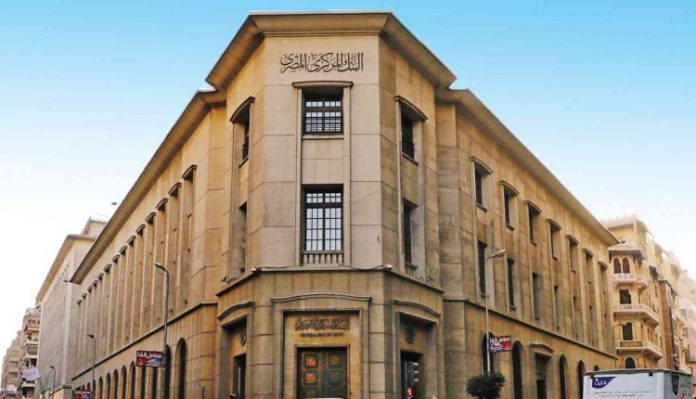Egypt’s central bank opted to keep its key interest rates unchanged on Thursday, as inflation showed signs of cooling in April.
The Monetary Policy Committee (MPC) of the Central Bank of Egypt (CBE) announced its decision to maintain the overnight deposit rate, overnight lending rate, and the rate of the main operation at 18.25 percent, 19.25 percent, and 18.75 percent, respectively.
The discount rate was also held steady at 18.75 percent, according to a statement released by the CBE.
After experiencing a surge from under 6 percent in 2021 to nearly 33 percent in March this year, inflation in Egypt slightly eased in April to 30.6 percent.
The significant increase in inflation was partly attributed to the Russian war in Ukraine, which led to a spike in wheat and food prices.
As one of the world’s largest wheat importers, Egypt was particularly vulnerable to the fluctuations in commodity markets. To mitigate the impact, the country devalued its currency three times since March 2022 and secured a $3 billion deal with the International Monetary Fund (IMF).
The MPC statement acknowledged the downward revision of key international commodity price forecasts and the easing of global inflationary pressures.
It attributed these developments to monetary policy tightening by major central banks, declining energy prices, and reduced global supply bottlenecks.
Additionally, forecasts for economic growth have stabilized, and financial conditions in key advanced economies have shown decreased volatility compared to the previous MPC meeting.
On the domestic front, the central bank highlighted that real economic activity slowed to 3.9 percent in the fourth quarter of 2022, down from 4.4 percent in the third quarter. The growth rate for the first half of the financial year 2022/23 stood at 4.2 percent.
The report indicated that private sector economic activity, particularly in tourism, agriculture, and trade, were the primary drivers of growth during the third quarter of 2022. Leading indicators suggest a slowdown in real GDP growth for the first quarter of 2023.
Annual urban headline inflation in Egypt decelerated to 30.6 percent in April 2023, marking the first slowdown since June 2022.
Annual core inflation also decelerated for the second consecutive month in April, recording 38.6 percent.
The decrease in both inflation measures was primarily attributed to favorable base effects and the easing of major inflationary shocks, such as disruptions in the domestic supply chain affecting core food commodities and the impact of exchange rate fluctuations.
Taking into account the cumulative policy rate hikes and the increase in the required reserve ratio implemented in previous months, the MPC stated that it would continue to assess the impact of these measures on containing inflationary pressures.
Based on the current economic developments, the committee decided to maintain the policy rates unchanged.











